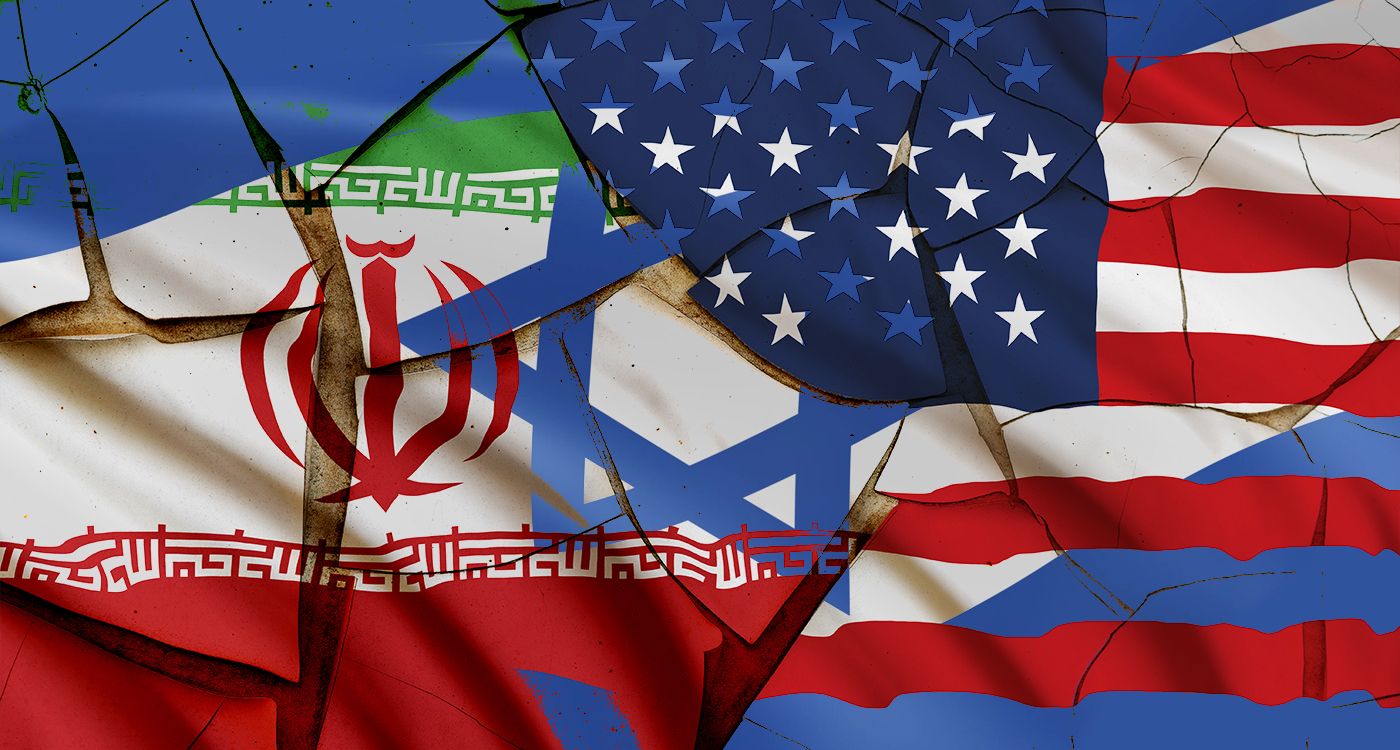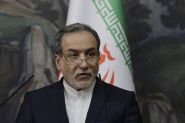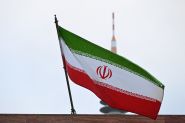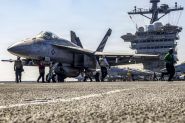- Home
- Middle East
- The Future of Iran: A Regime Change?

©This is Beirut
As the Middle East war intensifies, Iran’s future seems precarious, especially with the mounting international pressure and Israel’s aggressive stance following Iran’s involvement in the conflict.
The question of what Israel’s retaliation will look like looms large, with potential options ranging from targeted assassinations to more radical geopolitical shifts.
Israel’s history of precision strikes, often targeting high-profile figures, suggests the possibility of Khamenei himself becoming a target. Removing the Supreme Leader through assassination could theoretically trigger the collapse of the regime’s power structure, especially as internal dissent grows and cracks within Iran’s political framework become more visible. However, such an approach is fraught with risks.
While Israel has previously taken out key figures in enemy organizations, the assassination of a sitting Supreme Leader would be an unprecedented escalation with unknown consequences. It could spark widespread instability across the region, fueling extremist factions and possibly resulting in retaliatory strikes that drag Israel further into conflict.
Another, albeit unlikely, option for Israel is to facilitate regime change through a coup, potentially supporting the return of Reza Pahlavi, the exiled son of the last Shah. This strategy has the allure of appealing to Iran’s middle-class and reformist movements, who are increasingly disillusioned with the clerical regime. Pahlavi, who advocates for a secular, democratic Iran, has been vocal in his opposition to the Islamic Republic, and his return could be seen as a way to dismantle the regime without plunging the country into chaos. The challenge, however, lies in the logistical and diplomatic hurdles. Israel would need covert allies within Iran’s Revolutionary Guards or other factions, and convincing them to switch sides is a tall order given the regime’s tight control.
The nuclear option—literally and figuratively—remains another possibility. Israel has consistently expressed its concerns over Iran’s nuclear ambitions, with military strikes on nuclear facilities being part of its strategic toolkit, as demonstrated in the 1981 strike on Iraq’s Osirak reactor and the 2007 bombing of Syria’s nuclear site. A direct hit on Iran’s nuclear infrastructure could cripple Tehran’s ability to develop nuclear weapons, but such an attack risks catastrophic fallout, both politically and environmentally. Targeting Iran’s nuclear program could provoke widespread international condemnation and might rally Iranian public sentiment around the regime, even among those who currently oppose it.
But perhaps the most nuanced and least publicly discussed option is covert subversion from within. Israel has long been suspected of infiltrating Iranian intelligence networks, sowing distrust, and undermining the regime's stability from within. Mossad’s involvement in assassinations of Iranian nuclear scientists and the alleged sabotage of Iranian facilities already point to Israel’s deep reach within Iran. Continued espionage and covert action, coupled with leveraging opposition forces, could slowly dismantle the regime’s power without the overt shock of military intervention.
The bigger question remains, however, whether any of these strategies can bring lasting peace to the region. Iran is not simply a rogue regime—it is a nation with deep cultural, historical, and geopolitical significance. Toppling the current regime, whether by assassination or coup, does not guarantee stability. The risk of internal chaos, civil war, and the rise of even more extremist factions remains very real. In this volatile environment, Israel, along with its ally, the US, must weigh its options carefully, understanding that the consequences of miscalculation could be dire not only for the region but for its own security.
What is clear is that the war has brought Iran to a critical juncture. The regime, long seen as untouchable, is more vulnerable now than in years past. As discontent simmers among its people and international isolation grows, Israel’s choices will shape not just Iran’s future but the broader Middle Eastern landscape for years to come. Whether through covert actions, political maneuvering, or military strikes, one thing is certain: the fate of Iran’s leadership hangs in the balance, and its outcome will reverberate far beyond its borders.
Read more



Comments